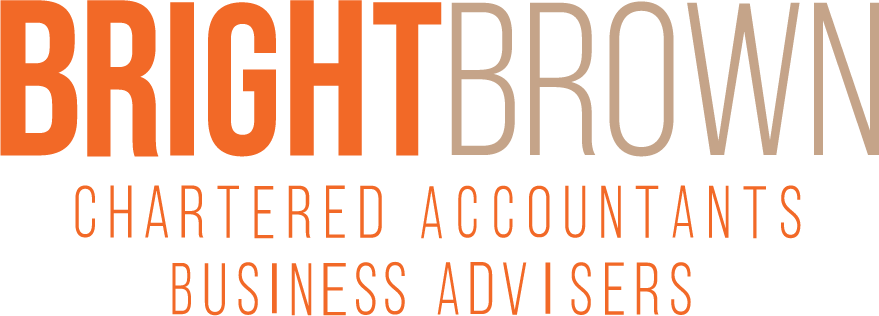A Comprehensive Guide for sole traders.
As a sole trader in the UK, navigating the intricacies of tax deductions can be a daunting task. Maximising your deductions not only reduces your tax liability but also ensures that you keep more of your hard-earned income. In this comprehensive guide, we will delve into the world of self-employed, or sole trader, tax deductions in the UK, providing practical insights and strategies to help you optimise your tax situation.
What Are Self Employed Tax Deductions?
Self-employed tax deductions refer to expenses that self-employed/Sole traders can deduct from their taxable income, thereby reducing the amount of tax they owe to HM Revenue & Customs (HMRC). These deductions can include a wide range of business-related expenses, from office supplies to travel costs, that are necessary for conducting your freelance business.
As a sole trader or self-employed person, it’s crucial to understand which expenses are deductible and how to maximise these deductions to your advantage.
Why Are self-employed Tax Deductions Important?
Self-employed tax deductions play a vital role in managing your finances efficiently. By maximising your deductions, you can lower your taxable income, resulting in a lower tax bill. Additionally, claiming legitimate deductions ensures compliance with HMRC regulations, helping you avoid potential penalties or audits.
What Expenses sole traders Deduct?
Sole traders can deduct various expenses related to their business activities. Common deductible expenses include:
Home Office Expenses: If you work from home, you can deduct a portion of your rent or mortgage interest, utilities, and home insurance that relate to your home office.
Business Supplies: Expenses incurred for purchasing office supplies, equipment, software, and other materials necessary for your freelance work are generally deductible.
Professional Services: Fees paid to accountants, lawyers, consultants, and other professionals for services related to your freelance business can be deducted.
Travel and Transportation: Expenses for business-related travel, including mileage, public transportation fares, and accommodation, may be deductible.
Marketing and Advertising: Costs associated with promoting your services, such as website hosting fees, advertising expenses, and business cards, are typically deductible.
Training and Education: Expenses for courses, workshops, seminars, and other educational programs directly related to your business may be deductible.
Insurance Premiums: Premiums paid for business insurance, professional liability insurance, and health insurance can often be deducted.
How Can sole traders Maximise Their Deductions?
Maximising your deductions requires careful record-keeping and a thorough understanding of HMRC guidelines. Here are some tips to help you maximise your deductions effectively:
Keep Detailed Records: Maintain accurate records of all business-related expenses, including receipts, invoices, and bank statements. Organising your records will make it easier to claim deductions and support your claims in the event of an audit.
Stay Informed: Stay updated on changes to tax laws and regulations that may impact your deductible expenses. Consulting with a tax advisor or accountant can help ensure that you’re taking advantage of all available deductions.
Separate Personal and Business Expenses: Keep personal and business expenses separate to avoid commingling funds. Using separate bank accounts and credit cards for business transactions simplifies record-keeping and makes it easier to identify deductible expenses.
Utilise Tax Software: Consider using tax preparation software or online accounting platforms to streamline the deduction process. These tools can help you identify eligible expenses and maximise your deductions while minimising errors.
Frequently Asked Questions (FAQs) About Self Employed Tax Deductions
Are Home Office Expenses Deductible if I Rent My Home?
Yes, sole traders who rent their homes can deduct a portion of their rent, utilities, and home insurance that relates to their home office, based on the proportion of the home used for business purposes.
Can I Deduct Clothing Expenses for Work?
Clothing expenses are generally not deductible unless they are specific uniforms or protective clothing required for your self-employed work. Everyday clothing, even if worn for business purposes, is not usually deductible.
What Documentation Do I Need to Support My Deductions?
HMRC may require documentation such as receipts, invoices, bank statements, and mileage logs to support your deductions. It’s essential to maintain thorough records to substantiate your claims.
Are Business Gifts Deductible?
This can be a difficult area so; advice will be needed regarding which expenditure is allowable for tax.
In conclusion, maximising your deductions as a sole trader in the UK requires diligence, knowledge, and attention to detail. By understanding which expenses are deductible and employing effective strategies to maximise these deductions, you can minimise your tax liability and keep more of your earnings.
Remember, seeking professional support from us at Bright Brown ensures your financial affairs remain in capable hands. Reach out to us today for expert advice.

